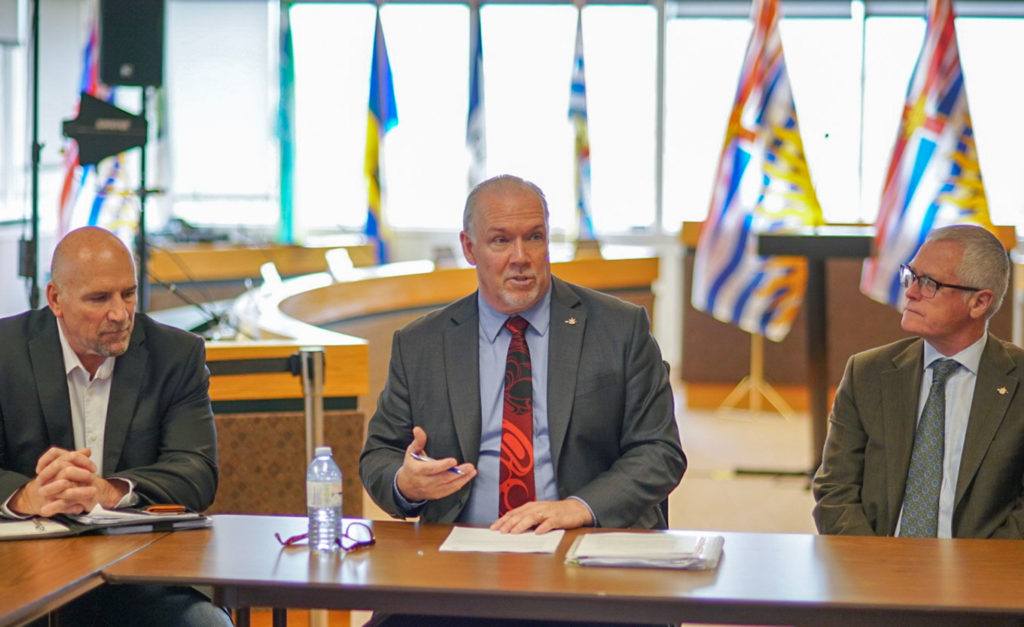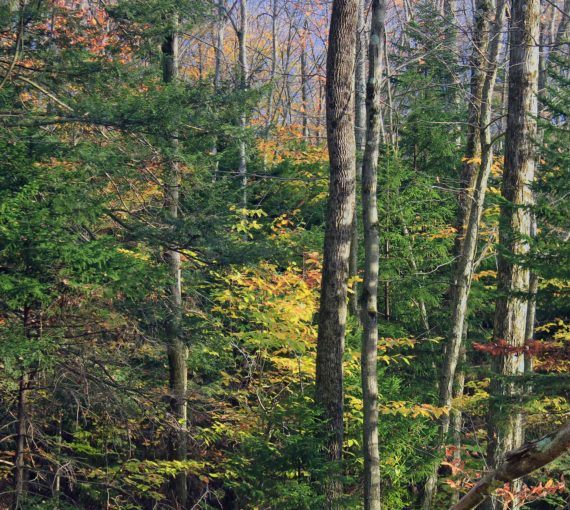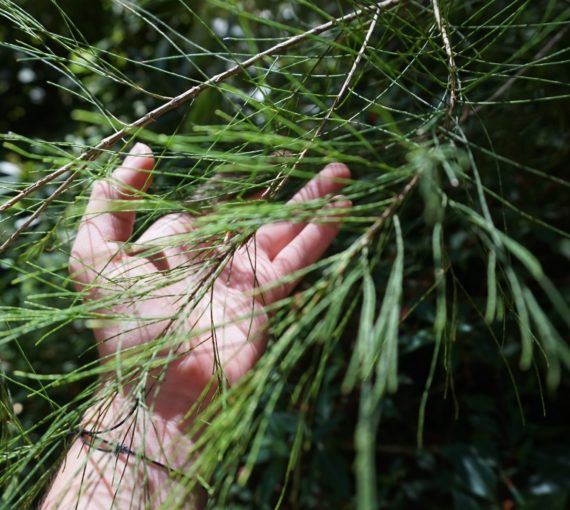British Columbia has the capacity and the mettle to help imperilled caribou. That’s clear from a draft partnership conservation agreement the province, federal government and West Moberly and Saulteau First Nations released last week, which outlines on-the-ground steps to stabilize and recover mountain caribou through habitat protection and restoration.
That’s a good and necessary thing. Science has clearly shown that the primary cause of decline for mountain caribou – and most wildlife in Canada, and the world – is habitat loss and disturbance fragmentation. Industrial extraction activities like forestry and mining cause most habitat loss, while activities like snowmobiling and heli-skiing cause habitat disturbances that make it unsafe or less useful. The only way to reverse the current declines and recover caribou is to take immediate action to protect habitat from ongoing disturbances and destruction, and restore habitat that has already been degraded.
When Canada’s Minister of Environment and Climate Change announced in May 2018 that southern mountain caribou are facing imminent threats to their recovery – a conclusion with legal implications that could trigger the federal government to intervene – it was a clear statement that caribou likely won’t survive if people don’t change the way we do business. (Of course, changing the way business is done is often met with pushback; backlash to the partnership agreement with First Nations has been met by some racist sentiment.)
But while this agreement tackles the problems that caribou face in this specific area, a broader draft conservation agreement between the federal and provincial governments shows B.C. is willing to let the status quo stand for the rest of the province’s southern mountain caribou populations.
The difference in political will summoned to address the crisis at the site-specific scale compared to the broader provincial scale is readily apparent. While the purpose of the partnership agreement with the two First Nations is to “immediately stabilize and expeditiously grow the population of the Central [caribou] group,” the agreement between the provincial and federal governments is “to articulate the immediate measures and plan by the Parties to develop future Conservation and Recovery Measures that together support the recovery of Southern Mountain Caribou.” (The key word is “future.”)
Through the partnership agreement with First Nations, B.C. and Ottawa alike have shown what they can do when they stand up for caribou.
In the First Nations partnership agreement, steps are clearly articulated to address primary threats: “a moratorium will be established;” “commitment to co-management;” “BC to replace Regulatory Measure and establish permanent protected status;” “the area within Zone B that the Parties agree is an area of restoration and conservation focus.”
Compare that to the draft provincial-federal agreement, which takes these basic concepts and adds wiggle words that dilute and stall commitments: “explore opportunities to develop reserves;” “seek to bring forward regulatory measures to establish a moratorium.”
Earlier this year, two southern mountain caribou herds were declared locally extinct. Several mountain caribou herds now number fewer than 25 animals. In the Peace region, where the trilateral partnership agreement will take effect, there are just 219 caribou left. That’s nearly 75 per cent fewer than two decades ago. Surely the time has passed for seeking and exploring. There is no more time for delay.
Through the partnership agreement with First Nations, B.C. and Ottawa alike have shown what they can do when they stand up for caribou. They can work in partnership with Indigenous communities, create protected and restoration areas, and issue moratoriums on development. These tools must be applied more broadly by pausing further degradation and destruction of caribou habitat until sufficient measures are developed and implemented to secure caribou recovery.
If the caribou in the rest of the province hope to have a chance, then the province needs to be more even-handed in how hard it is willing to work towards that goal.
This op-ed was originally published in The Globe and Mail.
Our work
Always grounded in sound evidence, the David Suzuki Foundation empowers people to take action in their communities on the environmental challenges we collectively face.




